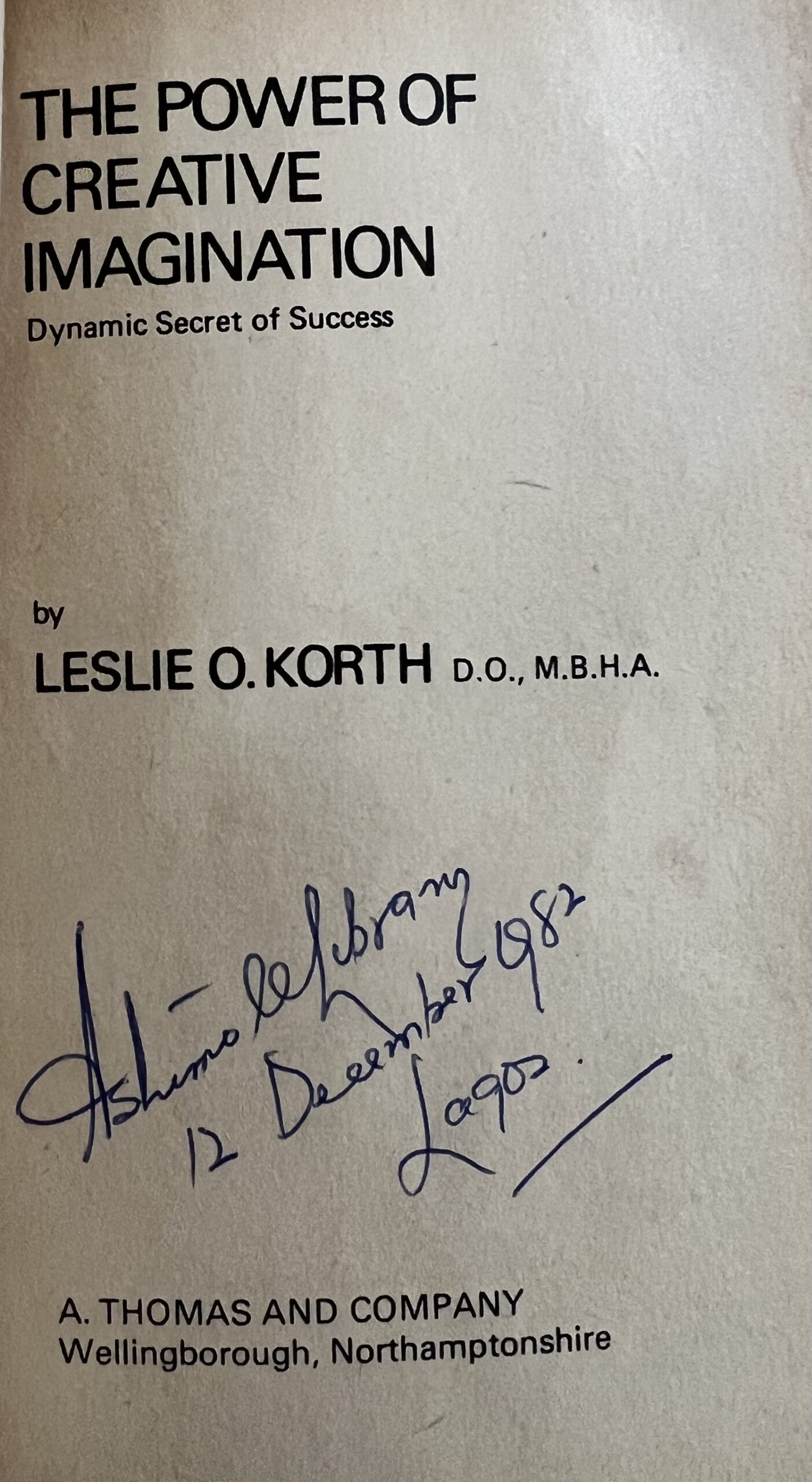NOW let me acquaint you with what Dr Groddeck had to say about FREE WILL: “Man has always been, and probably will always continue to be so, an arrogant individual. It would come as a great blow to him to be told and be convinced that there is no such thing as FREE WILL. If man DID enjoy free will he would then not be ruled by forces that are unknown to him. Each one of you do something or other every day of your lives, the reason for doing so you are not conscious of.”
In the month of November 1632 Spinoza was born in Amsterdam. He was a celebrated philosopher and was early induced to enter upon theological and philosophical studies which, no daubt, influenced him to write a treatise on a modern system of pantheistic philosophy. Spinoza’s studies in theology would appear to have led to his doubting the divine authority of Judaism, he being the son of a Jew. (PANTHEISM: The doctrine that the Universe and all things in it are simply manifestations of God.)
 The point I wish to make in mentioning Spinoza is that this learned man also rejected the theory of free will.
The point I wish to make in mentioning Spinoza is that this learned man also rejected the theory of free will.
Dr Wilhelm Reich puts it this way. The subject of psycho-analysis was great and moving. To the thought of the average man, it came as a slap in the face. You imagine that you can determine your actions by your own free will?
Indeed not!
Your conscious actions are only a drop on the surface of an ocean of unconscious processes, of which you can know nothing and, besides, you would be afraid of knowing them.
You pride yourself upon the individuality of your personality and the breadth of your mind?
Naive!
Really you are only the plaything of your instincts, which do with you what THEY want.
Of course, this offends your vanity, but you were just as offended when you had to learn that you had evolved from monkeys, and that the earth on which you crawled was not the centre of the universe, as you believed.
You still believe that the world is the only star among billions of stars, which is inhabited. Professor Szekly, author of Man, Cosmos and Society’, a large tome of over 800 pages, recognizes that WILL must have a driving force behind it, and I would add that will is not an entity, although we treat it as such. Will cannot function in isolation.
AGGREGATES OF WISHES.
Strength of will and weakness of will are nothing but particular aggregates of wishes, says E. Tietjens in his book Desuggestion.
Persons whose wishes are strong and are not contraposed by other wishes nearly as strong, are said to have a strong will. On the other hand persons whose wishes are in great measure contraposed by other wishes of almost equal strength are said to be of weak will.
The following example will help you recognize that what is called strength of will depends upon a particular aggregate of wishes, and is not determined by any particular faculty.
Suppose that a man endowed with what is called an energetic will, and another man considered to lack voluntary energy, are upon a dry heath not far from a river. If now the heath be on fire, they will both run away from the fire with equal resolution and energy in order to seek safety from the flames by throwing themselves into the river, and for neither of them at that moment will there be any countervailing wish.
If, on the other hand, you hand a man a menu containing a long list of dishes, each of which appears to him to be equally attractive, he will be slow and hesitant in making up his mind which item, among the many, he will select.
Conversely, if the same bill of fare is scanned by another man and his eye catches an item which requires no deliberation at all he, without any hesitation, places his order, in that this particular dish will not be contraposed by any other on the menu.
In the case of the indecisiveness of the first individual, who otherwise gives the general impression of having a strong will, the contraposing wishes are many and compelling, hence he is irresolute and without the ability to decide, whereas our second man, who is reputed to have a weak will, knows what he wants and decides on the spot what he will order.
It does not, of course follow that the person who is strong-willed is so all the time, neither is the weak-willed constantly so.
It wholly depends on the strength of one’s desire. Should this be weak then the WILL appears to be weak; if the motive is strong then the WILL appears to be strong.
Therefore, neither has a weak will nor a strong will.




